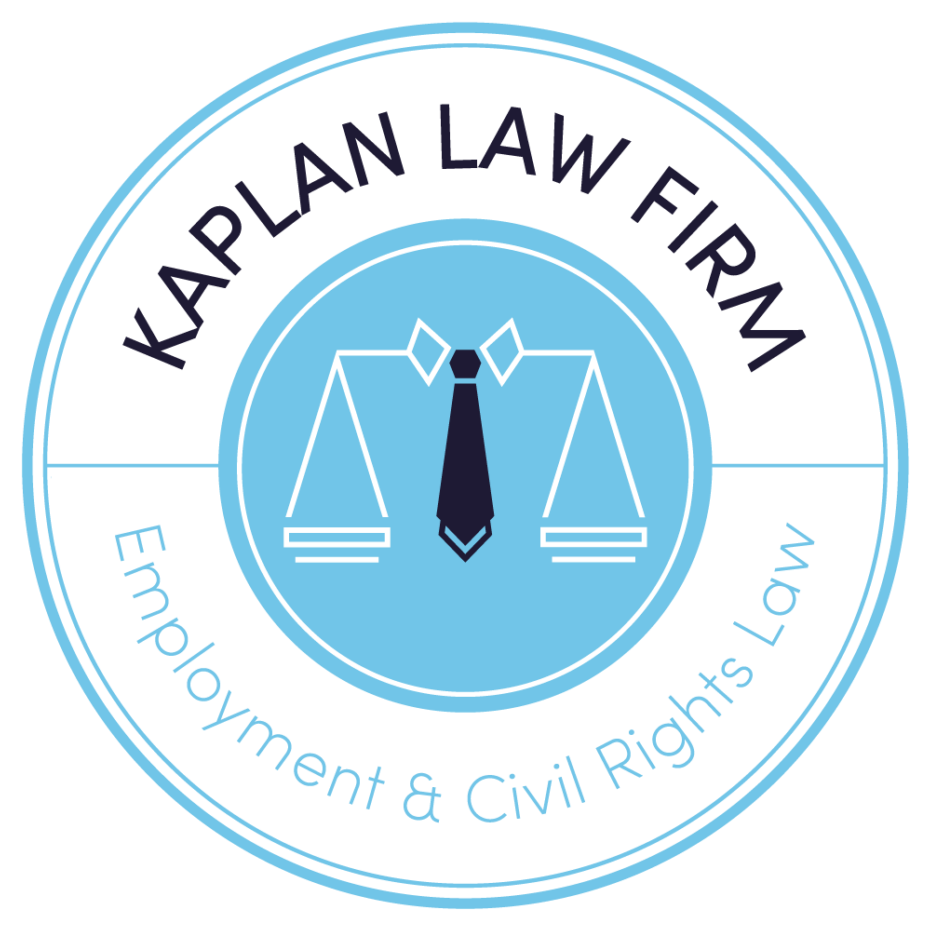2022 Twitter Layoffs
On Friday November 4, 2022, Twitter began what we expect to be one of the largest layoffs in the history of the tech industry. Thousands of high-performing employees and their families will be affected.
What if all the minority and female employees on my team got laid off, and they kept only my white male coworkers?
This may constitute illegal race discrimination, even in the context of a layoff. Multiple federal and state laws prohibit this, including Title VII of the Civil Rights Act of 1964, The California Fair Employment and Housing Act (FEHA), and Section 1981 of the U.S. Code, which prohibits discrimination on the basis of race and provides for individual personal liability for decision-makers who do so.
The same bias that unfortunately makes women and minorities more vulnerable to layoffs to begin with often plays out in whether they secure counsel to represent them in these matters. The truth is the barriers to finding an attorney are low: employment attorneys can often handle matters like this on contingency, meaning laid off workers don’t pay out of pocket to have a lawyer in pocket.
What if there are no criteria in selecting who was and was not laid off?
It is an absolute best practice to lay out and stick to predetermined criteria in selecting who will and won’t be cut. Companies that fail to do this, as it appears Twitter may have, are more likely to see illegal bias and prejudice corrupt the layoff selection process.
NEW UPDATE:
Early reports suggest women and minority workers may have been disproportionately impacted by layoffs at Twitter. Sadly, this is not surprising and nothing new in large layoffs, but the law prohibits using gender, race, national origin, and other protected categories as motivating factors for inclusion in reductions in force. In other words, if the purchasers of Twitter were motivated to include more women and minorities in this layoff because of who they are not what they do, they may have violated state and federal law. A reminder here that signing any standard severance agreement will waive rights to hold companies accountable for violating laws against race and gender discrimination. Accepting pay in lieu of notice for purposes of WARN compliance, however, will not waive those rights. Under Title VII of the Civil Rights Act of 1964, employees who were discriminatorily placed in a layoff have up to 300 days to file a claim with an administrative agency like the EEOC, and such claims can be brought on a class-wide basis if the facts support it.
UNEMPLOYMENT UPDATE:
For Texas Twitter employees, we expect unemployment will work as follows: you would first be qualified for benefits as of your last day of employment, January 4, 2023. That is because the WARN payments would constitute wages in lieu of noticed under Section 207.049 of the Texas Unemployment Compensation Act. If you sign the waiver in exchange for an additional severance payment, you should still be entitled to unemployment benefits for January, because of a little-know TWC regulation that states payments in exchange for a waiver of civil rights claims do not offset against unemployment benefits. The analysis can be complicated, so we suggest consulting with a lawyer for legal advice on these issues.
UPDATE:
Apparently 50% of the workforce is included in the layoff.
Twitter has also apparently delivered WARN notices to affected employees dated 11.4.2022, and will be providing full pay and benefits during the required 60 day notice period, meaning the official separation date for employees will be January 4, 2023. The company is calling this a “non-working notice period” and affected employees will not have access to company systems, but will be required to comply with all policies, handbook (at Twitter, the Playbook), and code of conduct.
Severance
The company in its FAQ states it intends to provide proposed severance agreements within one week that will provide for an additional single month of base pay (or OTE for commission based employees) in exchange for release of all claims. The FAQ does not state the company will, as it has said in the past and reconfirmed in the merger agreement, honor its commitment to allow affected employees to vest in February – a significant transfer of wealth from affected families to the purchasing entity. We expect this will be the battlefield between Twitter and the 50% of its workforce that is now departing.
ORIGINAL POST:
On Friday November 4, 2022, Twitter began what we expect to be one of the largest layoffs in the history of the tech industry. Thousands of high-performing employees and their families will be affected. In layoffs like this, it is critical that each and every affected employee knows their rights before they sign any severance paperwork.
There is a lot everyone does not yet know about this fast-moving situation. Most of the key public information is summarized here: https://www.nytimes.com/2022/11/03/technology/twitter-layoffs-elon-musk.html
Just after midnight eastern time, it appeared from information publicly available that certain Twitter employees were already locked out of their user accounts from remote. Others expect to be frozen out in the morning, and those affected expect to be notified by email to their personal email on Friday.
WARN Act
Mass layoffs where more than a third of a large company is laid off at once are covered by the federal WARN act. That law requires employers to provide either 60 days of notice before layoffs are effective, or to pay 60 days of pay and benefits in lieu of notice. No waiver or signature is required of the employee, this is simply what the law requires the employer to do.
Severance Package Rights
Aside from the WARN requirements, it is standard practice for companies to offer severance packages to laid off employees. Those packages are usually standardized, and involve a formula for calculating severance pay based on length of service (e.g., four weeks for every year of service). The reason for offering severance packages to laid off employees is twofold: for the employee it provides a valuable bridge of pay and benefits while you search for your next job, and for the employer it provides both legal cover in the form of a waiver of claims from all employees who sign, and sends a signal to any prospective hires that they care about employees including those who, by no fault of their own, are separated.
Is a severance required by law? Generally no. However, when a company promises a severance, or institutes a plan providing for a severance, or makes an agreement to provide a severance, it may be bound to provide it. From the publicly available documents, it appears that Twitter and its purchasers agreed in the merger agreement, in Section 6.9, to pay severance benefits no less favorable than those applicable immediately prior to the merger.
What were the severance benefits applicable immediately prior to the merger? The New York Times reports “Twitter workers are typically paid at least two months’ salary and the cash value of equity they were scheduled to receive within three months of a layoff date.”
How much are employees owed if Twitter’s pre-existing severance plan is used?
If Twitter’s plan is enforceable, employees would be entitled under it to the cash value of equity they were scheduled to receive through February, not just the equity vested in November (and presumably paid out on Friday to all without having to sign any further agreements).
What severance packages will the purchasers offer the thousands of Tweeps affected?
We don’t know yet as of late Thursday night. WARN requires a minimum payout of 60 days compensation and benefits, but that is already required by law and does not require employees to sign a waiver of rights that a standard severance would include. Will Twitter follow its own stated policies and provide at least the cash value of equity due to vest within three months of November 4?
How long will we have to consider the severance package offer?
We don’t know yet as of late Thursday night. Employers are required, by the Age Discrimination in Employment Act’s OWBPA regulation, to offer most employees at least 21 days to consider a severance proposal in a layoff (45 days for employees over age 40). But, there is a way around this requirement. In our experience, some employers will forego requesting an age discrimination waiver in large RIFs for the sole purpose of forcing employees into signing away their rights quickly, or to avoid sharing the age breakdown of those affected by the reduction in force. In layoff and severance negotiations speed kills, and employers know this. That is why the OWBPA protection was instituted in the first place: to keep employers from forcing newly laid off employees into accepting subpar severance packages without enough time to think about negotiating them.
What next?
Almost all severance agreements contain a section telling the reader to consult with their own lawyer. This is wise advice.




